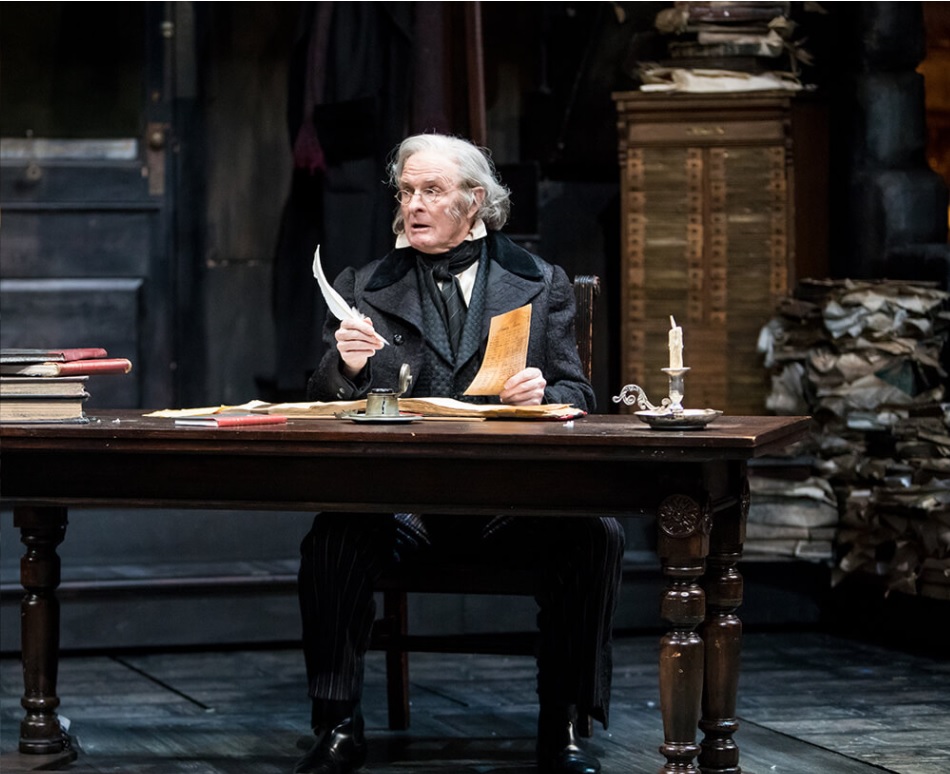"A Christmas Carol & The Common Good," a recent virtual event exploring art, business and ethics in the spirit of the Charles Dickens’ holiday classic, offered some students from the Melrose & The Toro Company Center for Principled Leadership and elsewhere a meaningful view of how the work of the arts and artists connects to leadership practice.
This event, in partnership with Guthrie Theater, engaged hundreds of students, academics, and business professionals locally and globally through a panel discussion, as well as live, dramatic readings of "A Christmas Carol" by acclaimed actors Nathaniel Fuller and Meghan Kreidler.
“The inaugural event was designed to effectively capture the essence of the Center’s work on principled leadership,” said Executive Director Nicole Zwieg Daly, Center co-director with Opus College of Business Professor Christopher Michaelson, who also serves as academic director. They agree their work must be interdisciplinary across the university to impact students of all majors who will graduate and potentially serve as principled leaders in a wide range of industries.
Here's what some students from Zwieg Daly’s Business Ethics (BETH300) course highlighted when connecting what they learned from the Tuesday, Dec. 8 event to course materials and ongoing social issues.
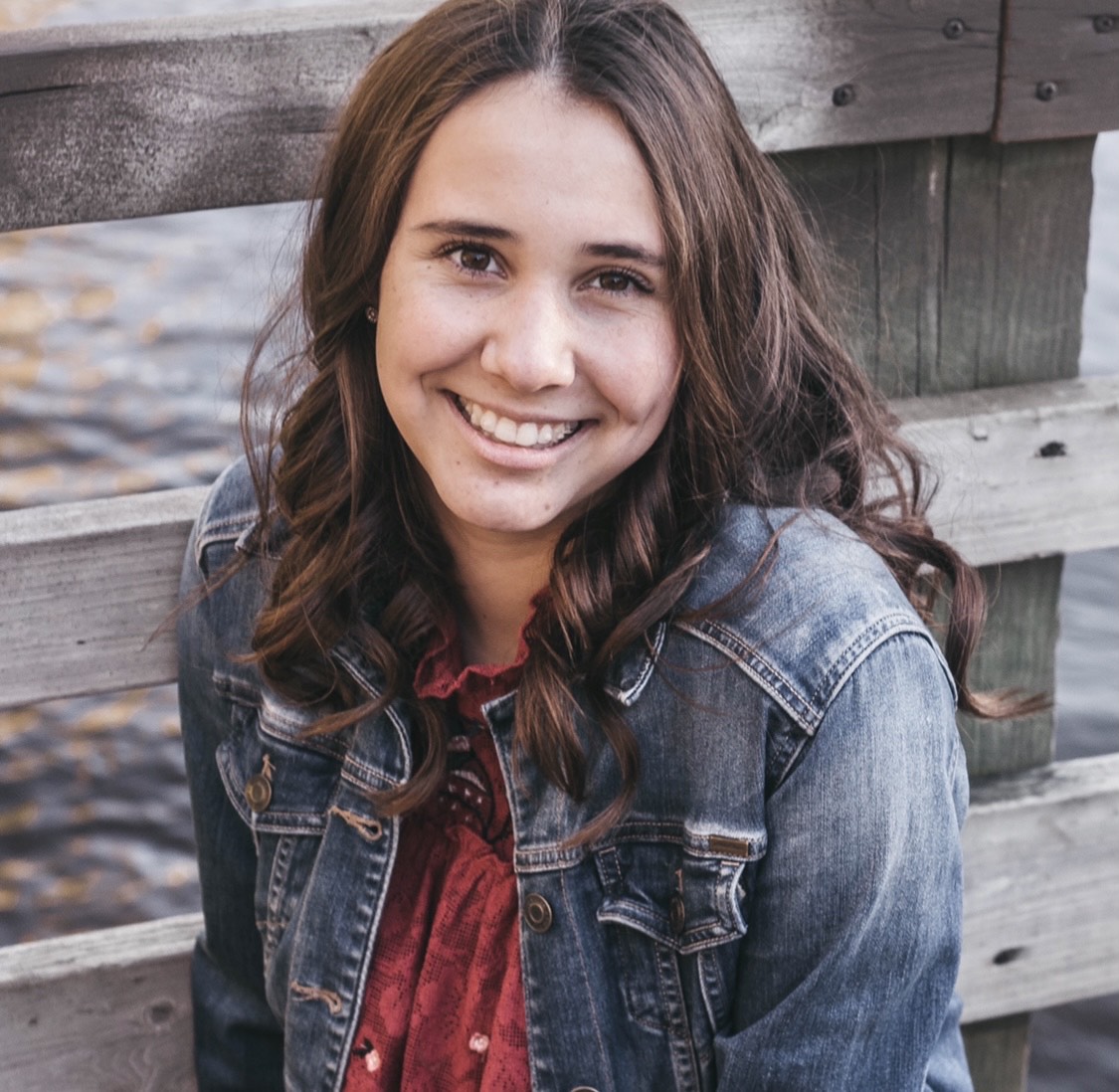
Maria Moriarty/Submitted Photo
“Not only did I learn that Charles Dickens’ A Christmas Carol was an explicit construction of social criticism of the times, but it was also a piece of work aimed at helping him generate an income,” said Maria Moriarty, a sophomore studying business management. “This classic piece of literature combined the often-contrary business ends of profit and purpose into a complementary set of objectives just like we are taught in ethics class -- that we can work to gain a profit and benefit the common good.”
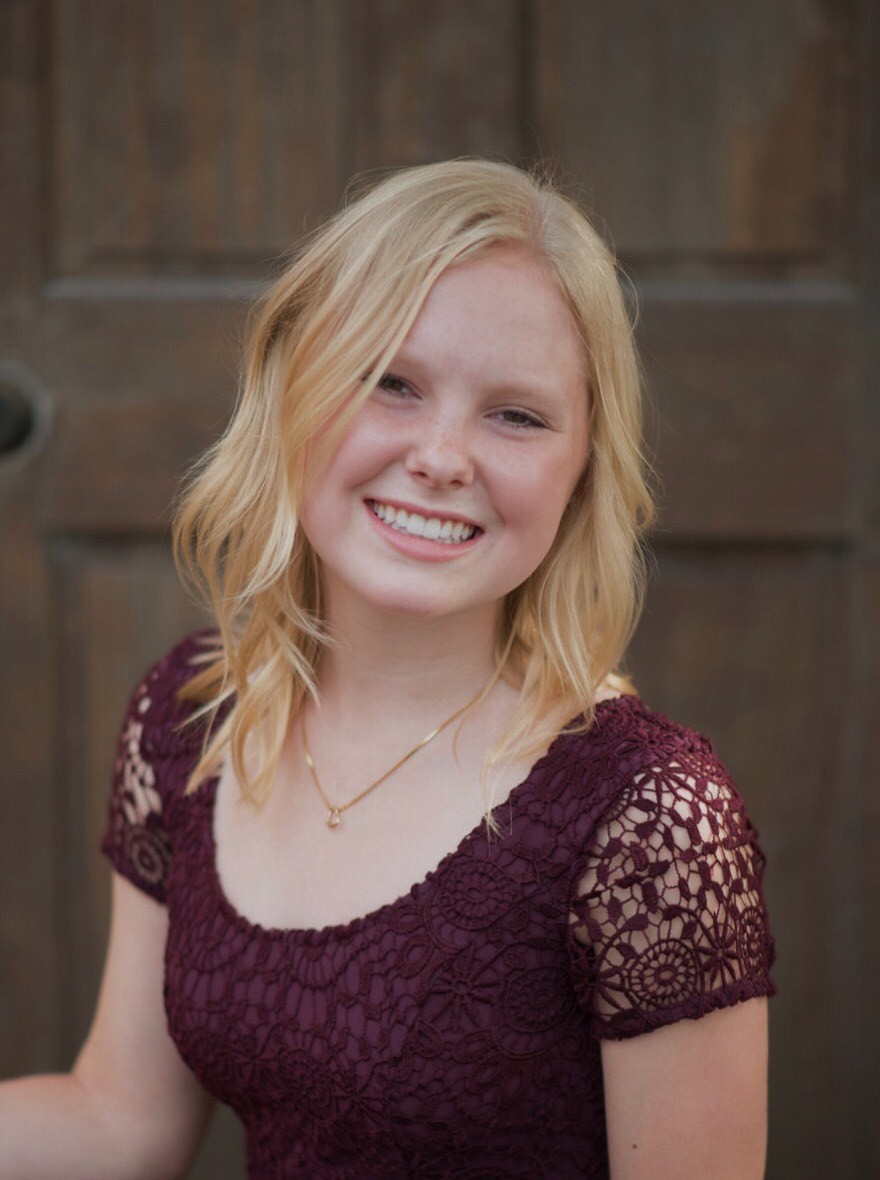
Sarah Gustafson/Submitted Photo
Sophomore Sarah Gustafson, a business-marketing major reflected, “Many of the actors defined their current acting jobs as a ‘calling.’ When I heard this, I immediately connected what the actors were saying to what we had just learned in class about professions and callings. Listening to the actors allowed me to see a new perspective of the service that they are providing to the community-at-large through the theater; their work is just as important as a firefighter or doctor. Especially, during these times of COVID where entertainment opportunities are few and the risk of negative mental health is so high, entertainment like this event or the chance to watch any production can be so helpful to people. Because the theater helps people imagine, think beyond themselves, and bring smiles to people's faces, I would label those in the theater profession as essential workers.”
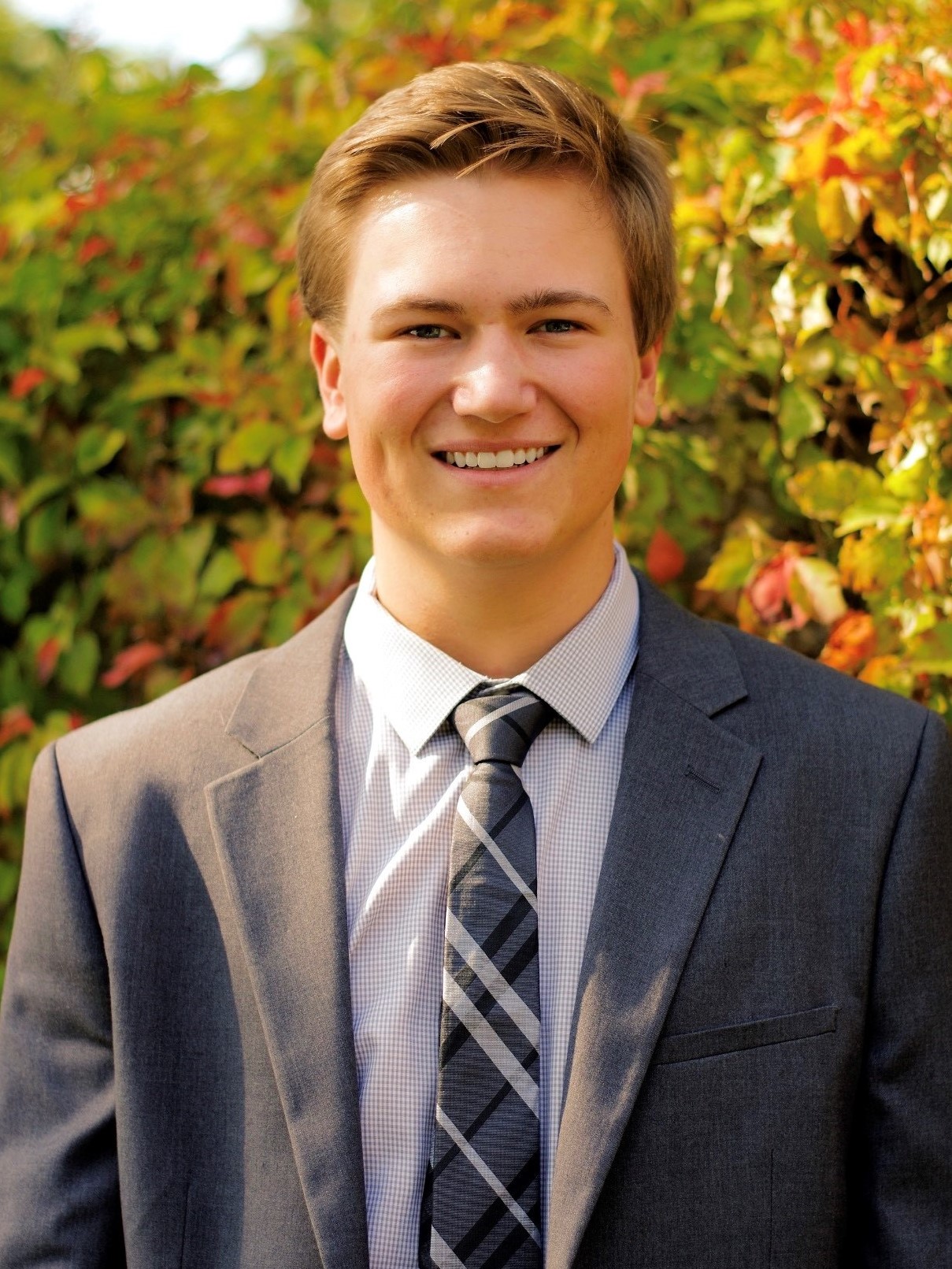
Ryan Hanratty/Submitted Photo
“For me, the ghost’s statement in the second scene, where he referenced society’s ignorance and want, was an instant realization connecting ignorance of social issues and the disagreement of what is the truth as the stem of many of our problems and distrust in our society today,” said Ryan Hanratty, junior, entrepreneurship major. From the virtual event, I learned that theater can help decrease ignorance by bringing people into someone else’s story. Because we are constantly surrounded by our own confirmation bias and our own narrative, the theater serves as a perfect platform to separate ourselves from our own narrative and open ourselves to diverse perspectives. The readings and panel discussion of A Christmas Carol really brought to the forefront of the audiences’ mind that helping people is what it truly means to be alive, that engaging with our community is so valuable, and that seeing and experiencing differing perspectives will decrease our ignorance, develop a common truth, and make us better human beings.”
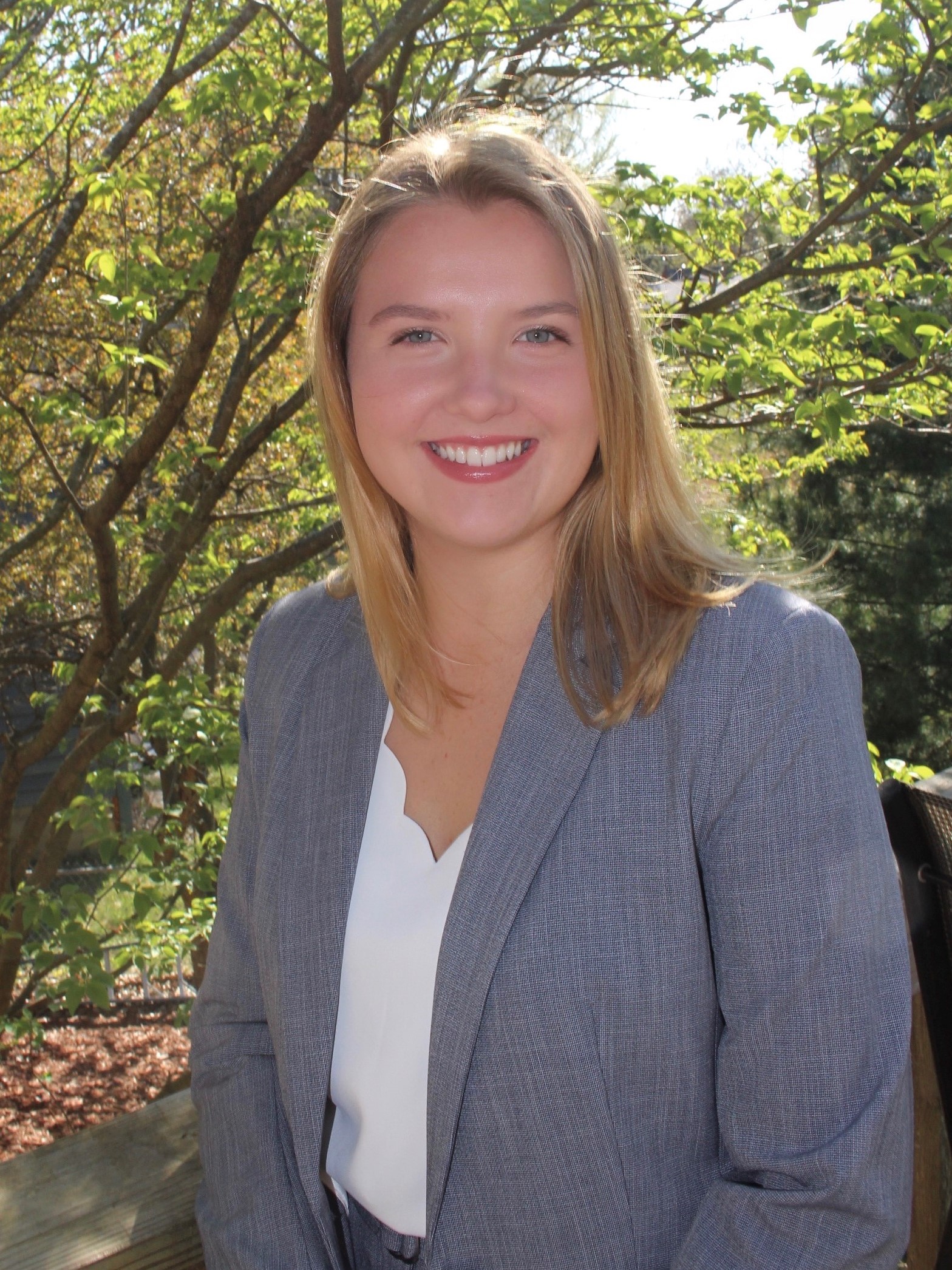
Jasmine Quinn/Submitted Photo
“I’ve known the story of the Christmas Carol my entire life, but until watching this event, I never knew the true meaning of it,” said Jasmine Quinn, sophomore finance major. “I found it so interesting that the novel written in 1843 was a social criticism of how England viewed its citizens in poverty at that time. But, the most striking information I learned from the event were the facts that the CEO of Second Harvest Heartland shared including that 1 in 8 Minnesotans are going hungry in 2020 with 1 in 5 children going hungry as well. The CEO also stated that since March 2020 there has been a 60 percent increase in demand for food shelf support. The connection she made between the poor and hungry in today’s society in our own state was unfortunately, and eerily similar to the poverty and hunger in 1843. These facts made me think how much we could all be doing to help no matter what our area of study.”
Zwieg Daly was among a number of professors who offered extra credit to students for viewing and reflecting on the Tuesday, Dec. 8 event. Michaelson, who moderated the event and co-hosted with Maija Garcia and Siddeqah Shabbaz of the Guthrie Theater, ended the panel discussion with a quote from Jacob Marley’s ghost that encapsulates the Center’s aspirations and the event’s purpose perfectly: ″‘Business!’ cried the Ghost, wringing its hands again. ‘[Hum]ankind was my business. The common welfare was my business; charity, mercy, forbearance, and benevolence, were, all, my business. The dealings of my trade were but a drop of water in the comprehensive ocean of my business!’”
The performance of "A Christmas Carol & The Common Good" is available to view on YouTube.
